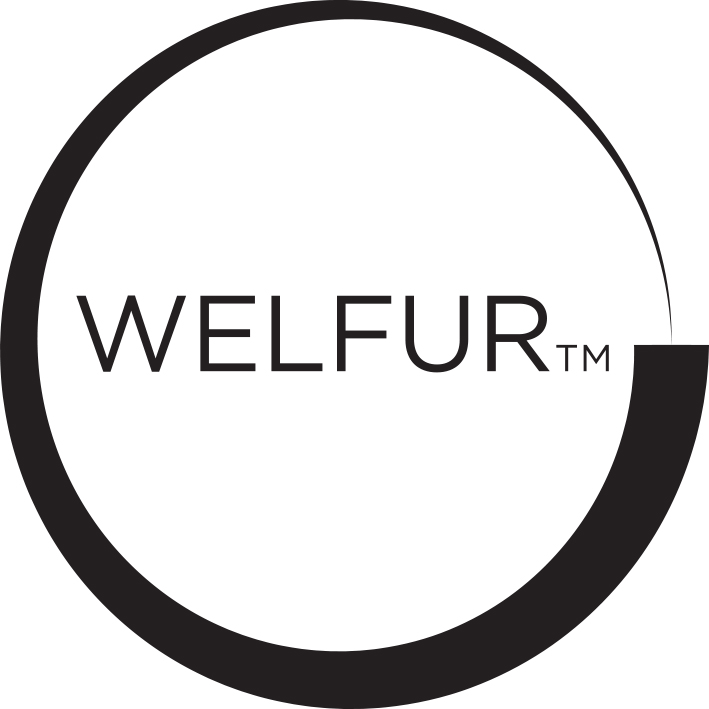WelFur - Transparency and documentation matter
Consumers care about animal welfare and seek fur products that are truly transparent and that come with clear documentation. With WelFur, the new science-based welfare certification programme, fur consumers will get the transparency they seek, and the documentation that their fur has a certification stamp that ensures the highest animal welfare standards.
In 2009, Fur Europe (Europe’s association for fur) went beyond regulation and initiated WelFur. With an aim to develop an impartial, thorough, and detailed evaluation tool for assessing the welfare of farmed mink and fox, Kopenhagen Fur supported the development of these new protocols.
After all, high-quality fur is at the core of what we do. And as healthy animals produce superior furs, taking animal welfare seriously makes both business and ethical sense.
All farms to be WelFur certified by the end of 2019
Based on EU standards, WelFur is a science-based certification system that evaluates the level of animal welfare on farms, and the most ambitious certification programme of its kind. Developed by independent researchers from international universities*, WelFur ensures that farms meet four criteria for welfare: good feed, good housing, good health, and that animals show appropriate behaviour.
Fur Europe has proposed that all 3,500 European fur farms must be certified by the end of 2019. Farms that are not certified will be excluded from the most important fur trade platforms in the world.

Get to know WelFur
Independent:
Both the science behind the WelFur protocols and the assessments are developed by third-party groups.
Verifiable:
The certification is conducted by Baltic Control, one of the world’s leading assessment bodies within food-related supply chains.
Scientific:
WelFur replaces perceptions about animal welfare with facts.
Openness:
All WelFur protocols are available for review.
Proven animal welfare, positive consumer confidence
In recent years, fashion consumers have become more conscious of the impact that their clothing choices have on the world around them – and this trend is one that fur consumers are also very aware of.
The European Commission published a survey in 2016** that focused on citizens' opinion of animal welfare, based on face-to-face interviews with over 27,000 citizens with different social and demographic backgrounds from all EU member states.
The results were clear. More than four in five respondents believed that the welfare of farmed animals should be improved, and were willing to pay more for better animal welfare.
It’s clear that fur consumers care about animal welfare. We do too. In fact, our high animal welfare standards are a key contributing factor to the consistent quality offered by Kopenhagen Fur. With WelFur, consumers get the transparency and documentation they seek, so they can continue to buy fur without restrictions.
*) University of Eastern Finland (Department of Biosciences), MTT Agrifood Research, Finland (Animal Production Research), Aarhus University, Denmark (Department of Animal Health and Bioscience), Norwegian University of Life Sciences (Department of Animal and Agricultural Sciences), Swedish University of Agricultural Sciences (Department of Animal Environment and Health), University of Utrecht, The Netherlands (Department of Animals in Science & Society), French National Institute of Agronomic Research
**) Attitudes of Europeans towards Animal Welfare - a survey requested by the European Commission, Directorate-General for Health and Food Safety and coordinated by the Directorate-General for Communication.
Attitudes of Europeans towards Animal Welfare – 2016 Survey summary
- 27,672 citizens surveyed from all member states.
- 94% said protecting the welfare of farm animals is important.
- 89% believe there should be EU legislation that requires people to care for animals used for commercial purposes.
- 82% think farm animals should be better protected than they are now.
- 59% of all European citizens are willing to pay 5% more for animal-friendly products.
- Nine out of ten Europeans believe imported products should respect EU animal welfare standards. They also think the EU should do more to promote animal welfare awareness worldwide.
